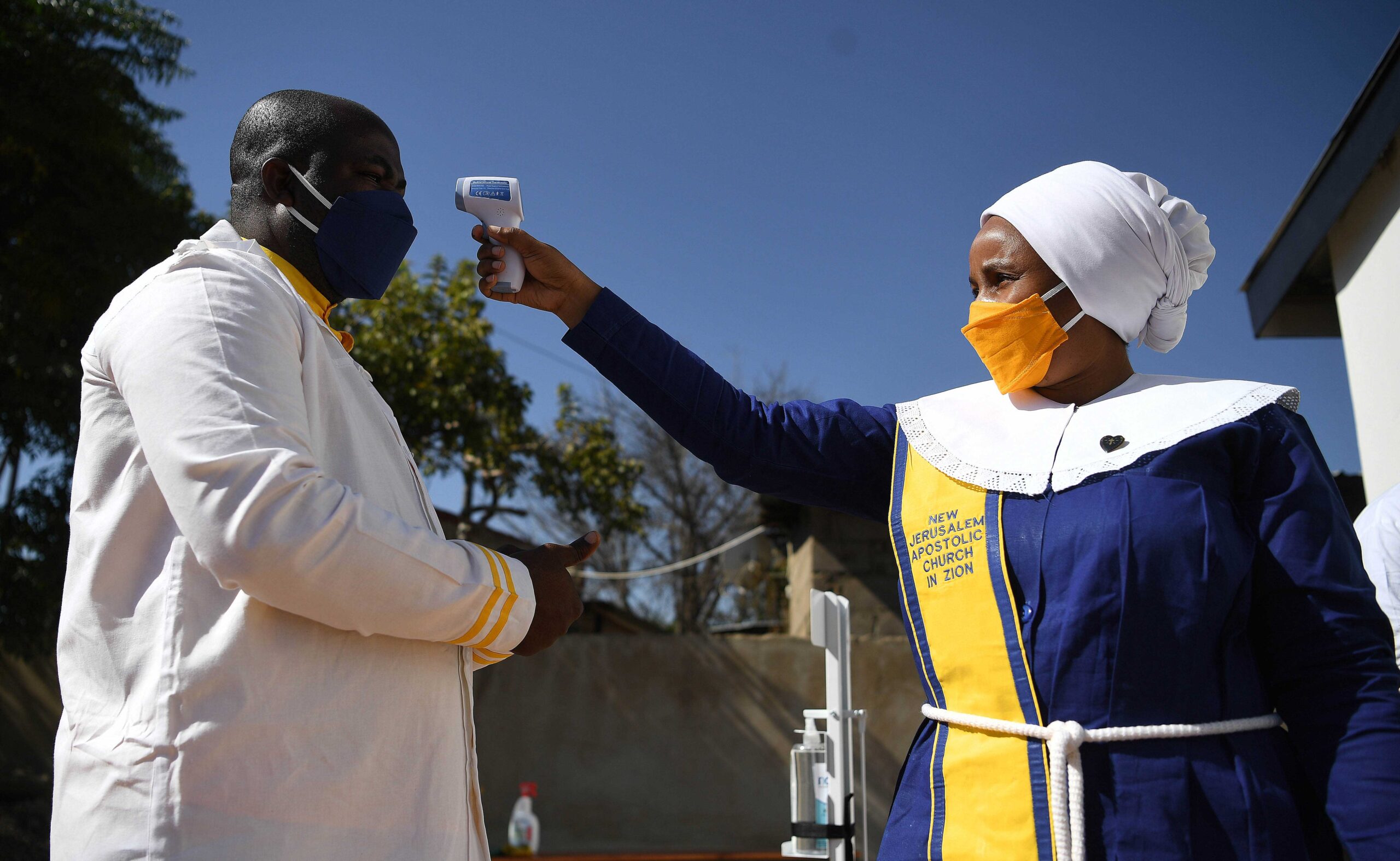Say they are disappointed that MPs of the BDP rejected a motion for religious leaders appointed as SEMPs
SESUPO RANTSIMAKO
Religious organizations have expressed disappointment in the ruling Botswana Democratic Party’s (BDP) rejection of a motion calling for nomination of religious leaders as Specially Elected Members of Parliament (SEMPs).
The motion was brought to Parliament by the MP for Selibe-Phikwe East, Kgoberego Nkawana, of the Umbrella for Democratic Change. Most MPs of the BDP who debated the motion said it was ill-conceived because there were ministers of religion in the incumbent crop of MPs.
In reaction, the General Secretary of the Organization of African Instituted Churches (OAIC), Apostle Sizwe Dibebe, said he had hoped that MPs would put their differences aside in debating the motion. He added that his organization had always wished to have religious leaders as SEMPs. Apostle Dibebe said they had consistently raised the issue in the presence of ministers invited to their Annual General Meetings but no one ever took the issue to official platforms such as Parliament.
“Having a representative in Parliament would help the government to take the right decisions for our community,” he asserted. “However, MPs of the BDP rejected the motion for different reasons.”
The General Secretary of the Evangelical Fellowship of Botswana (EFB), Moses Mosegi, told this publication that though they do not want to render other structures redundant, they want the Church recognized as a development partner so that issues may be approached more holistically. “We appreciate the motion but are yet to formulate a formal opinion,” Mosegi said. “Our wish is to be consulted about all issues that have a bearing on us as churches in order to advise accordingly.”
Similarly, the General Secretary of the Botswana Council of Churches (BCC), Gabriel Tswaaneng, decried lack of consultation with the Church by legislators. Tswaaneng said Nkawana might have engaged the Church and sought its opinion before tabling his motion “Our MPs should learn to think with us instead of assuming what we want,” Tswaaneng said. “If there was consultation, we would advise and put our positions forward. As an apolitical organization, we do not mind whomsoever approaches us as long as we are engaged.”
Efforts to reach the Chairman of the BDP, Vice President Slumber Tsogwane, who is also the Leader of the House, were not successful because his number could not be reached.

